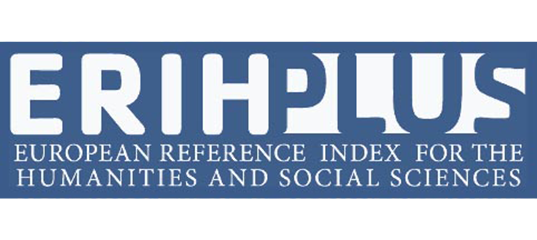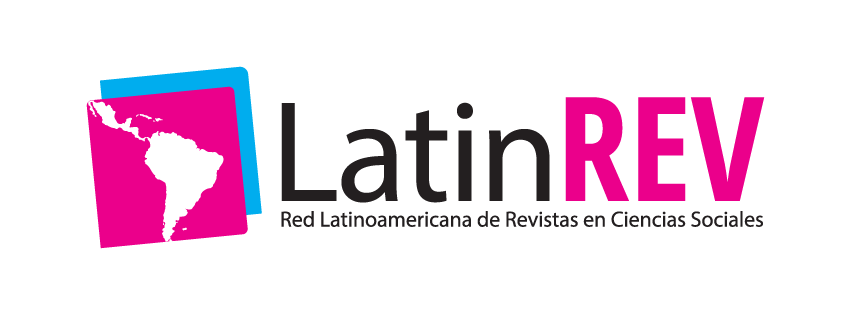Electronic Commerce model in the Machalilla Tourist Cabins Association to promote Financial Culture and Economic Development
DOI:
https://doi.org/10.46480/esj.9.1.217Keywords:
e-commerce, financial education, economic growth, training, evaluationAbstract
Context: The e-commerce model for the Machalilla Tourist Cabins Association aims to strengthen financial literacy and promote economic development in the community, implementing a comprehensive solution that addresses both technological and educational aspects. Methodology: An initial assessment of the partners' financial structure was conducted to determine requirements and areas for improvement. An intuitive and secure web platform was created with a reservation system and protected payment mechanisms. Members received online training in personal finance and business management. Digital marketing strategies were implemented through social media campaigns and search engine optimization. Results: The model not only generated income for the association but also improved the financial education of its members. Satisfaction surveys confirmed the effectiveness of the comprehensive approach adopted, demonstrating sustained growth in both operational capacity and social influence. Conclusions: This comprehensive approach ensures that economic benefits translate into sustainable development for the local community. The model demonstrates that the combination of technology, training, and appropriate marketing strategies can positively transform the operations of community tourism associations.
Downloads
References
Kumar, A., & Singh, R. (2021). The impact of e-commerce on financial literacy among small business owners. Journal of Business Research, 124, 123-134.
Pérez, M., & López, J. (2022). E-commerce as a tool for finan-cial education in rural areas. Sustainability, 14(3), 567-579.
Martínez, C., Gómez, R., & Torres, L. (2020). Digital transfor-mation in tourism: Opportunities and challenges. Tourism Management, 81, 104-115.
Rodríguez, F., & Salazar, J. (2023). The role of digital platforms in enhancing economic resilience in local communities. International Journal of Information Management, 63, 102-114.
Fernández, J. (2021). E-commerce adoption in small tourism enterprises: A case study. Tourism Economics, 27(4), 789-802.
Morales, T., & Castro, A. (2022). Financial literacy and its rela-tion to e-commerce in the tourism sector. Journal of Tourism Research, 35(2), 215-230.
Soto, P., & Ruiz, E. (2021). Enhancing financial literacy through digital tools in tourism. Journal of Hospitality and Tourism Technology, 12(1), 45-58.
Vega, R., & López, M. (2023). E-commerce strategies for sus-tainable tourism development. Journal of Sustainable Tour-ism, 31(5), 789-805.
Castillo, S., & Paredes, C. (2020). Barriers to e-commerce adoption in Ecuadorian small businesses. E-commerce Studies, 15(2), 123-138.
Jiménez, A., & Morales, L. (2022). The impact of online market-ing on tourism businesses in Ecuador. International Journal of Tourism Research, 24(3), 345-360.
Downloads
Published
Issue
Section
License
Copyright (c) 2025 Bryan Alejandro Marcillo Parrales, Erick Raúl Baque Sánchez

This work is licensed under a Creative Commons Attribution-NonCommercial-NoDerivatives 4.0 International License.
Authors retain the copyright of their articles and are therefore free to share, copy, distribute, perform, and publicly communicate their work on their personal websites or in institutional repositories after its publication in this journal, provided that full bibliographic information is given to acknowledge its original publication.































